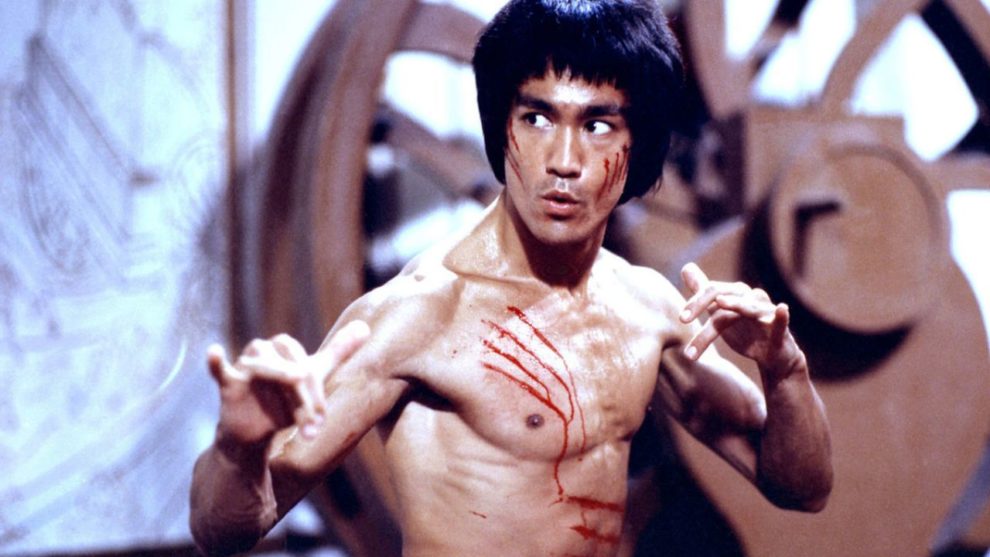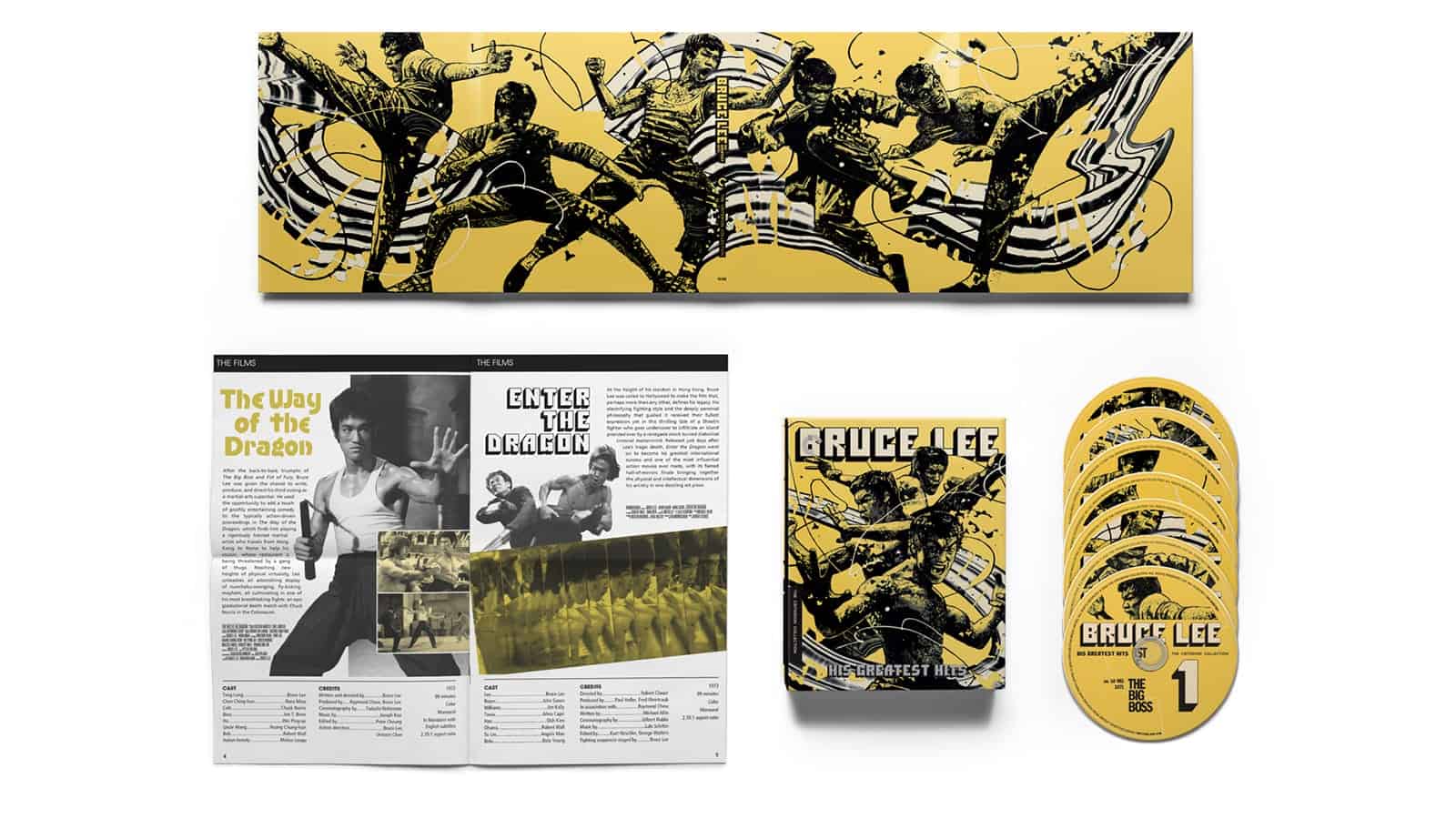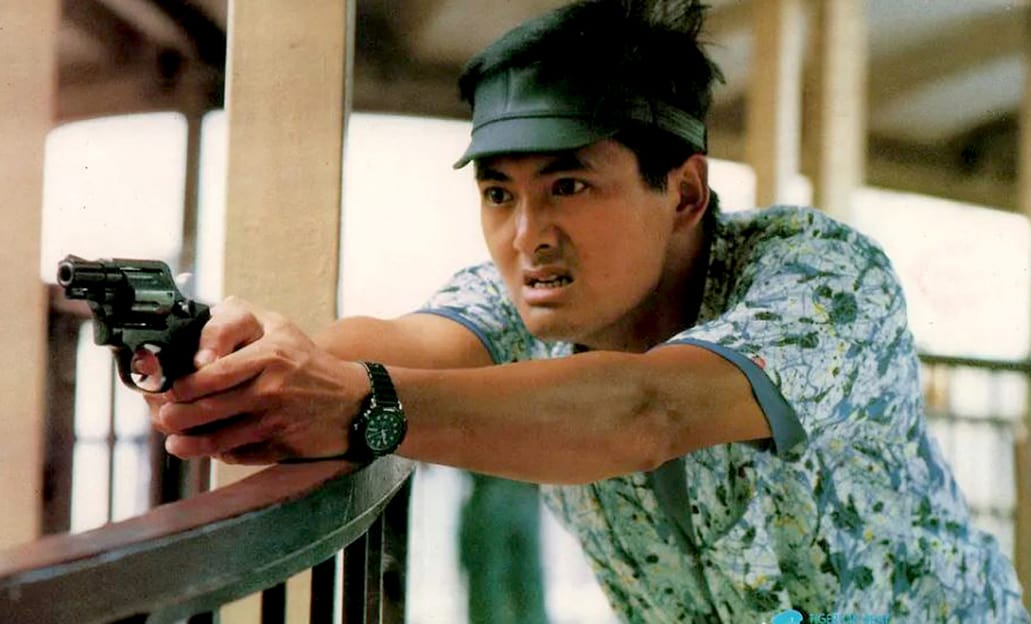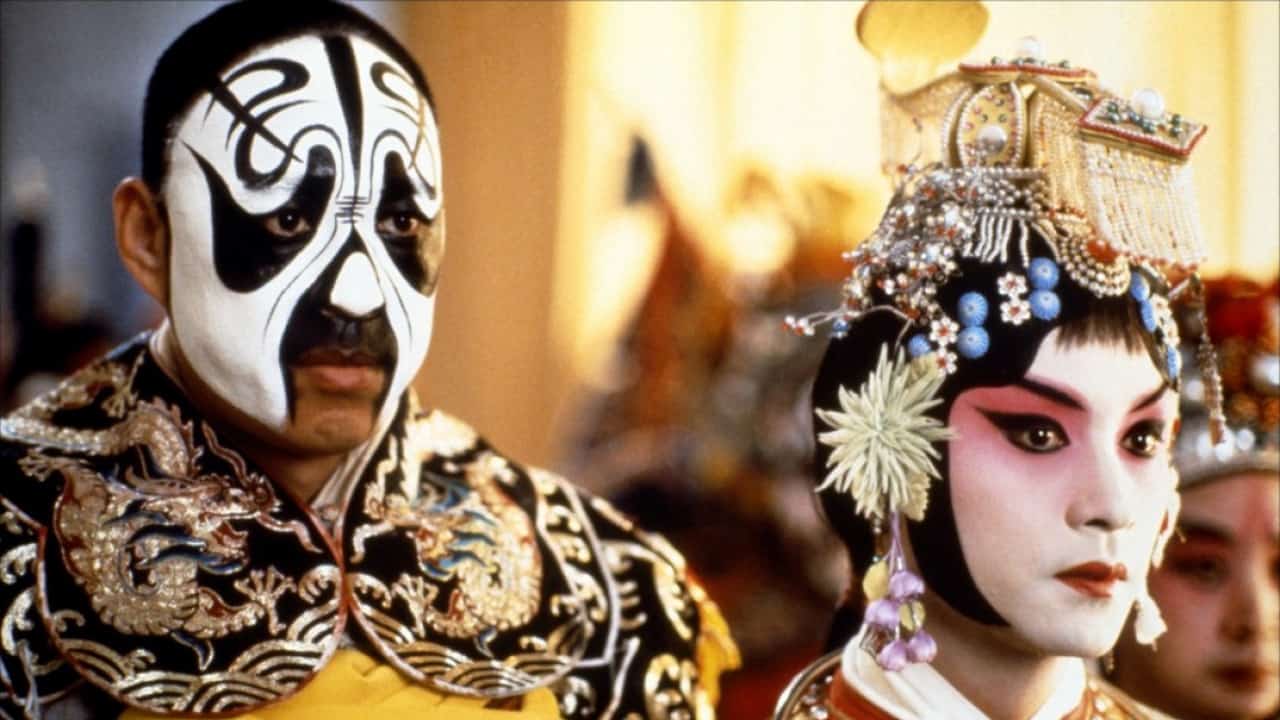Although he had become quite famous and successful in the years before, there is certainly no doubt that the release of “Enter the Dragon” marks the greatest triumph in the career of Bruce Lee, as well as the greatest tragedy as it would be his final film before he died at the age of only 32. Nevertheless, even after all these years “Enter the Dragon” remains one of his most influential and most popular works , inspiring films such as the highly successful “John Wick”-franchise and many more. Despite it being relatively low budget, its aesthetics among other features make it feel like a big budget-production, which is also due to the narrative bearing some resemblance to popular James Bond-movies. It is also a feature telling a story about the encounter of East and West, and about the birth of a new kind of hero, which big budget Hollywood seems to have forgotten about.
Buy This Title
Bruce Lee plays Lee, a highly-trained martial artist from Hong Kong, whose mentor, a Shaolin monk, persuades him to attend a certain martial arts-tournament, organized by another former student of the temple, a wealthy man named Han (Shih Kien), whose moral corruption and crimes have soiled the reputation of the temple. At the same time, Lee is also approached by a US-American agency who suspect Han to be the head of a human trafficking and drug ring and want Lee to be their undercover agent. Additionally, when Lee hears about Han's involvement in the death of his sister many years ago, he accepts the invitation to the remote island where the tournament will take place.
Aside from Lee, many other athletes from all around the world are on their way to the tournament, such as Roper (John Saxon), who desperately need the price money to pay back his debts, and Williams (Jim Kelly), who aims to represent his home dojo. However, it soon becomes apparent to all of them that behind the luxurious and elegant facade, Han hides his real businesses, which turns out to be more devious and cruel as suspected, and while Lee starts his investigation, Han uses the tournament to find out whether one of the fighters might be the right man to represent his interest overseas.
In comparison to features such as “The Big Boss” and “Fist of Fury”, it becomes quite apparent that the scale of “Enter he Dragon” is much larger, although the story it tells bears quiet a few similarities. With the roles of the “good guys” and the villains being quite obviously distributed among the characters, it is interesting how the protagonist is introduced and how his character is juxtaposed to the roles played by John Saxon and Jim Kelly. While all of them have strong motives to attend the tournament and a certain amount of time is spent to clarify their background, there is no denying who is the main protagonist. With the others having hidden agendas, Lee, despite him being contacted by various agencies and people, seems to follow his plan with much more purpose, more direction even, as he is not diverted in any way, denies himself any “vice” such as sex or alcohol and has more focus than the other athletes. Bruce Lee also infuses his character with his own brand of humor, for example, when he gets rid of a rather brutish fighter on the way to the island, trapping him on a boat. The only exception to this almost meditative focus of the character is the fight with O'Hara (Robert Wall), also in terms of cinematography and editing, considering he is the main culprit behind the death of Lee's sister.
Altogether, Bruce Lee plays a character he had always wanted to play while he was still trying to make ends meet in Hollywood. Lee (the character in the film) is a strong, determined and disciplined hero, a man who seldom gives up his facade, much like Han by the way, of professionalism and has more in common with James Bond, albeit without the chauvinist attitude and the martinis. His mentor's concept of destroying the image, which becomes all the more important in the impressively executed final confrontation (also known as the mirror sequence), seems to have another meaning beyond the narrative framework of “Enter the Dragon” as Lee (this time the character and the actor) destroys the image and re-surfaces as a hero who is so much more, with undeniable cultural connections, but without the kind of framework (or stereotypes) assigned to Asian characters at the time (and still today to some degree).
In the end, “Enter the Dragon” is a great work in the genre of martial arts-films as well as action providing impressive fight scenes and set pieces. Above all it is noteworthy for its presentation of its hero, played with great commitment and skill by Bruce Lee, a deviation from the norm of what a hero should be and what he should look like.
















